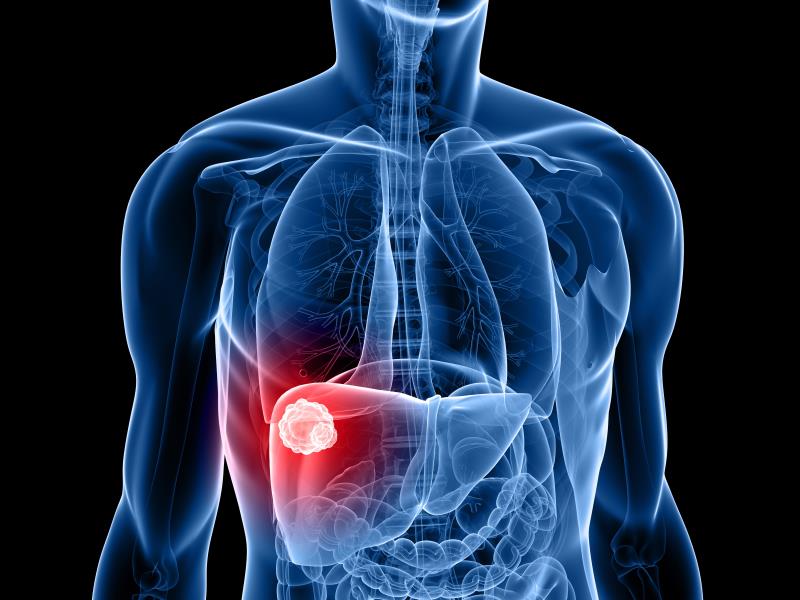
Patients undergoing hepatic resection are likely to be cured of hepatocellular carcinoma (HCC), with the effect strengthening with increasing recurrence-free time, a new study has shown.
Drawing data from an international retrospective cohort, researchers modelled cure outcomes of 2,523 HCC patients (median age, 60 years; 81.8 percent male). Noncancer chronic hepatitis patients and the general population were both used as reference cohorts. Disease-free survival (DFS) was the primary measure for cure.
After a median follow-up of 3.4 years after resection, almost half (n=1,221) of the participants experienced HCC recurrence and 755 died. For majority of the participants (76.5 percent), the risk of early recurrence was low, and only 1.9 percent had a high risk of early recurrence. The resulting median DFS was 2 years.
According to the cure model, the probability that hepatic resection would result in the same life expectancy as comparators with chronic hepatitis and cirrhosis, but without HCC, was 26.3 percent. This had a strong temporal dimension, as the likelihood of cure rose to about 50 percent in patients who were free of recurrence by 2 years, further climbing to 95 percent at 8.9 years.
With respect to the general population reference, the probability of resection curing HCC was 17.1 percent.
“The clinical utility of cure models is predicated on the possibility of correctly informing patients about the probabilities of success of the proposed treatment as well as permitting clinicians to make informed postresection clinical decisions,” researchers said.